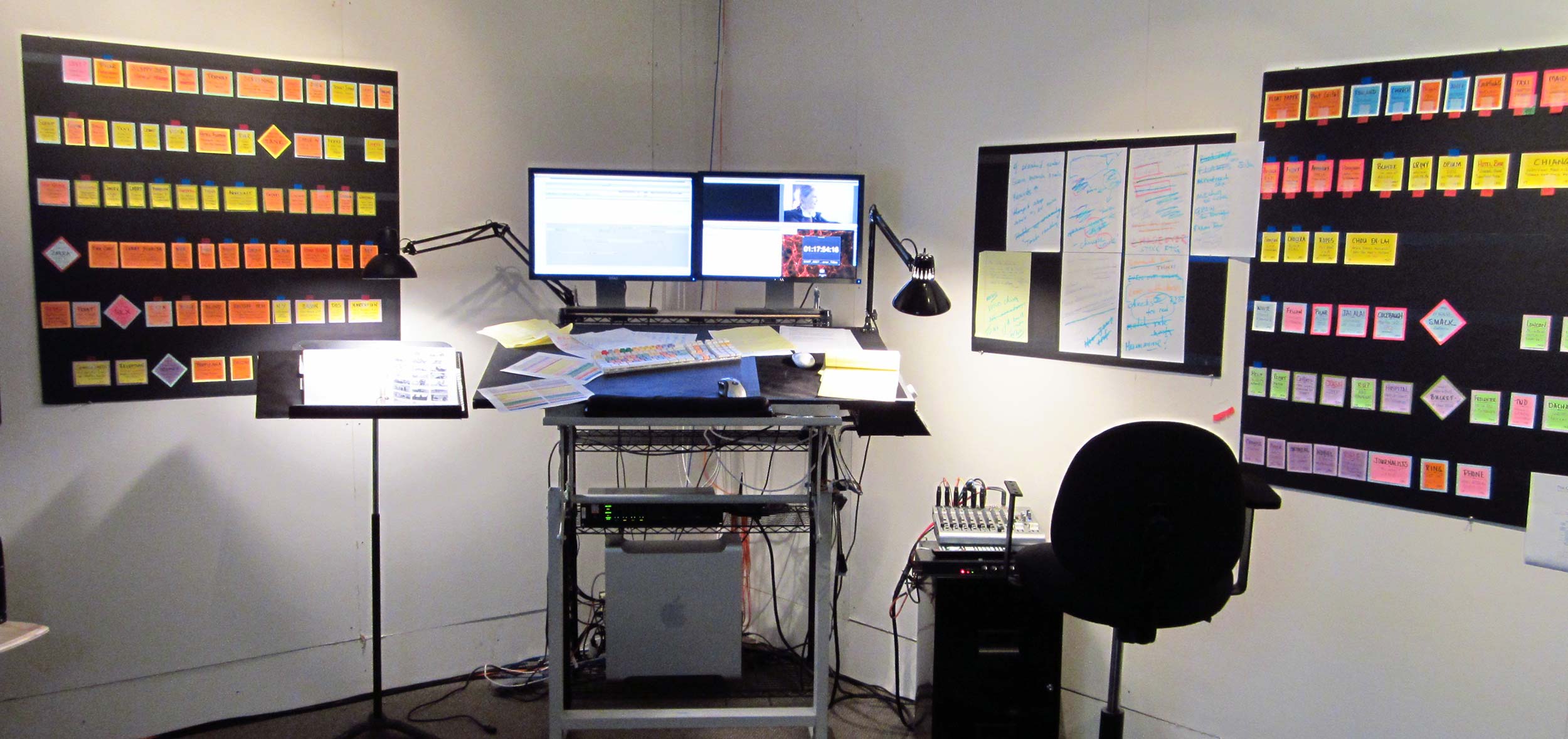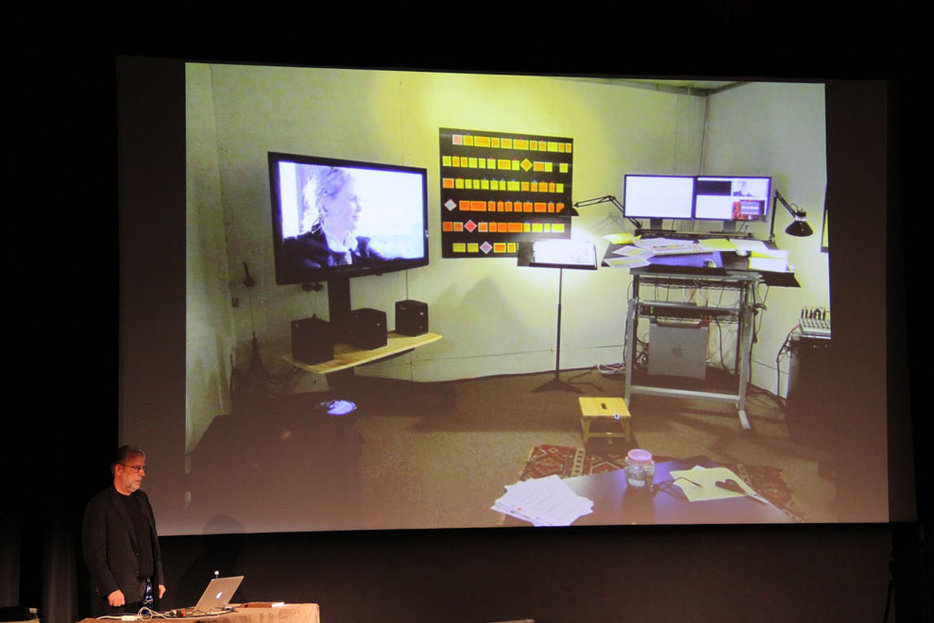Why not a standalone edit suite?
We all know FCP7 is dead. But, there are plenty like us who liked to work in FCP7.
DR14 promos are talking about how we can easily replace FCP7 with DP14.
Frankly speaking, I loved the edit interface of DR14..
A few tweaks here and there and DR14 can easily have the FCP7 keyboard. Huge GPU is not a necessity, if like FCP7 we are prepared to work with transcoded footage.
But a few things are missing still.
1. The timeline and the visual windows can't be shifted as per the editor's convenience.
2. A full screen view on the second monitor is missing.
Add these two small things and FCP7 will soon be forgotten, DR14 can take it's place. Ideally, the edit platform can be taken out from the DR14 and run as a standalone edit suite. That will be the best thing to happen. Plenty of film editors just edit. They are not bothered about colour and sound and prefer to leave those domains to the experts.
DR14 promos are talking about how we can easily replace FCP7 with DP14.
Frankly speaking, I loved the edit interface of DR14..
A few tweaks here and there and DR14 can easily have the FCP7 keyboard. Huge GPU is not a necessity, if like FCP7 we are prepared to work with transcoded footage.
But a few things are missing still.
1. The timeline and the visual windows can't be shifted as per the editor's convenience.
2. A full screen view on the second monitor is missing.
Add these two small things and FCP7 will soon be forgotten, DR14 can take it's place. Ideally, the edit platform can be taken out from the DR14 and run as a standalone edit suite. That will be the best thing to happen. Plenty of film editors just edit. They are not bothered about colour and sound and prefer to leave those domains to the experts.



